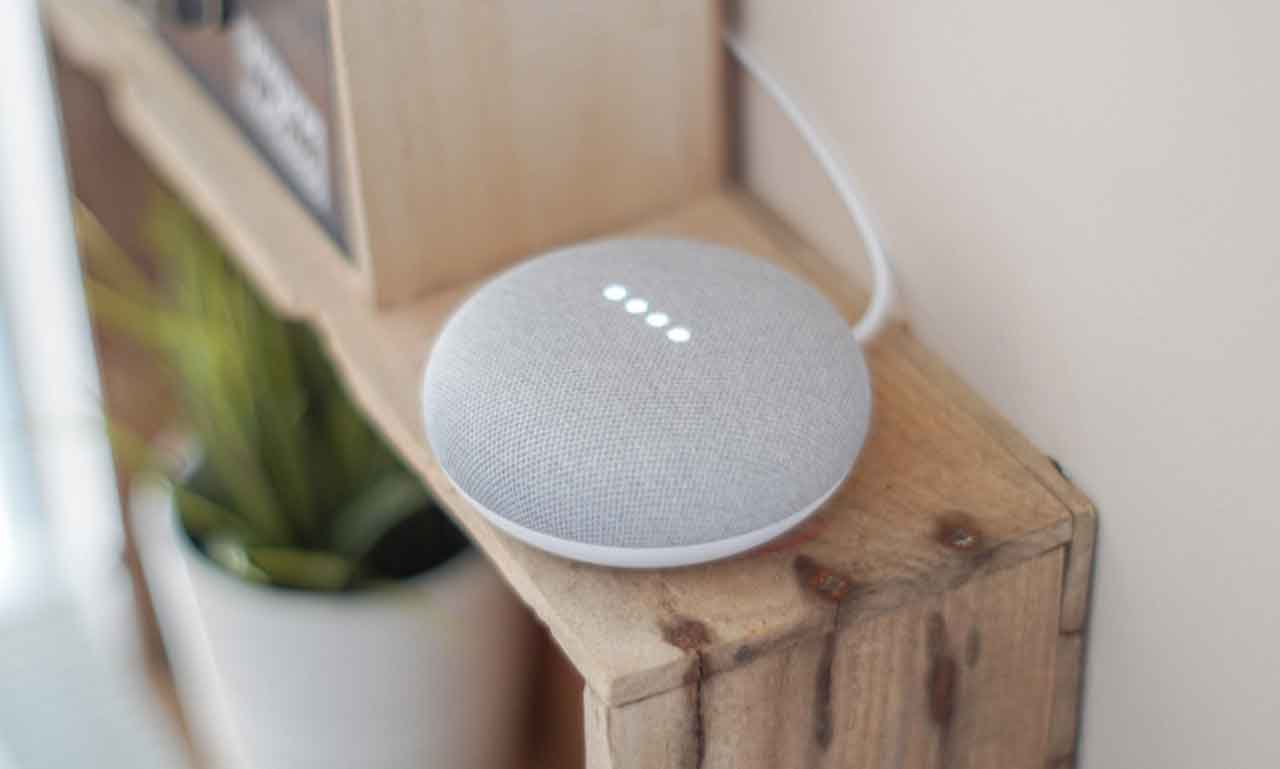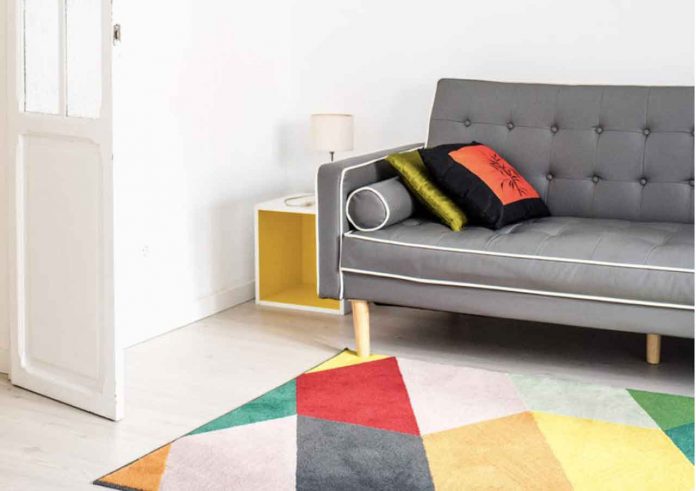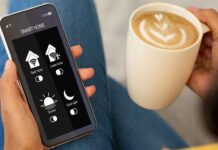The urbanistic dream of making the smart home space that will be easily controlled from your gadget and will require the minimum moves on your side is no more dream anymore. More and more technologies are developed to create a smart house.
Actually, the smart house combines two concepts, namely a smart home system and residential building automation. The line between them is quite blurry, but we talk about systems that provide the security and basic functions of a home, such as light or electricity, and gadgets that automatize all processes inside the house like music control or ability to turn on your washing machine from your phone.
A house system can be called smart if it organizes various devices into one system to perform a set of tasks that doesn’t require your input. With the development of new devices, the range and functions that can be automatized are expanding.
So, your home can control heating, light, and music, depending on motion sensors. The system can also perform some actions based on a set timer, such as turning off lights or TV after 10 pm or turning on music and turning on a coffee machine to make your espresso at 7 am. All of the tasks can be set remotely through your devices.
The overall idea of a smart home is to maximize the use of available space and minimize the time and effort spent on useless processes. Using special technologies allows you to integrate and optimize the operation of all services and equipment in the house. Initially, programmable controllers were used for this, and later, distributed control microprocessors became popular.
The combination of eco-technologies and a thoughtful approach to the construction of buildings with the subsequent use of the control system creates the most comfortable and safe living conditions in a house or apartment, improves energy efficiency, reduces housing costs, and significantly saves time. Thus, the regulation of temperature, lighting, and energy consumption for the operation of devices makes it possible to reduce energy consumption by an average of 30-60%.
Smart home technologies provide many advantages, but they can turn into certain problems for home or apartment owners. Often, automated control systems are designed in such a way that malfunctions in one of the subsystems can affect the rest. This can be avoided through the integrated involvement of developers at the construction stage to ensure a unified systematization of equipment and control of the system through a secure channel.
The active use of the Internet of Things also leads to the fact that a smart security system becomes more vulnerable to hackers who can interfere with its functioning or completely disable it. Another problem may be the lack of common standards for manufacturers of smart gadgets, which, during operation, do not always combine well.
Smart Locks
Security is one of the first spheres, where smart technologies were implemented. Smart locks can be used separately for any house to provide and extra safety for you. By default, a smart lock is an electronic device that helps to detect and inform you about undesired people at the entrance of your house and also turn on an emergency call if needed. It can be easily controlled via smartphones.
Window and Door Sensors
Some gadgets can be installed on windows and doors to remotely control and make them automatically be opened or closed, depending on your presence at home. These can be:
- Signal transmission to other systems (for example, alarms);
- Inclusion of light (when a person returns home);
- Turning off the air conditioner (when opening the window).
Climate Control
Besides providing security of your apartments, the smart devices also help to create a comfortable environment for your life. The smart house system usually includes all the devices that help you control and change the climate in your space, from room temperature to air conditioning. It’s also proven that climate control helps to shorten the usage of electricity.
Smart Assistants

For quick control of equipment, launching TV programs, and searching for information on the Internet, it is convenient to use smart speakers with voice assistants. You can simply order your assistant to google the nearest coffee shop or reliable service to write my essay for me, and it will be done in a second. Also, online shopping and simple home chores will be done with one voice order.
Smart Sockets
If you are constantly worried about turning off the iron or other household appliance, buying a smart outlet is an excellent solution. This is a small device that looks like a regular power outlet, but you can turn it off and on with a command from your smartphone. A model with a dimmer will help to regulate the brightness of a lamp or a night lamp, and with energy management, determine which home appliances consume the most electricity.
Smart Lights
It is not necessary to use smart sockets to control the lighting. You can apply smart lamps that are controlled from a smartphone and can adjust light shades and brightness, automatically switch to night lighting mode, respond to voice commands, and even play music.






